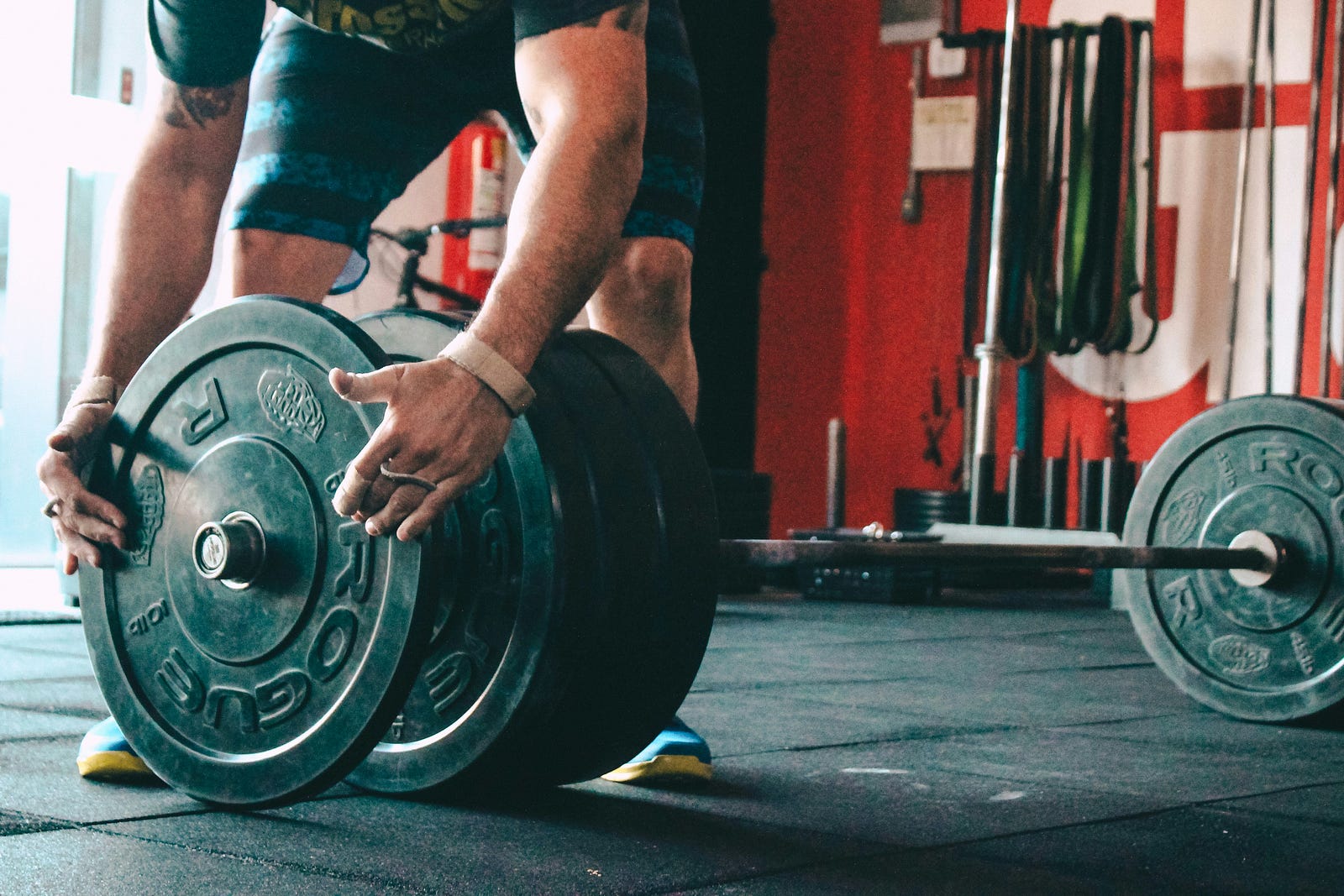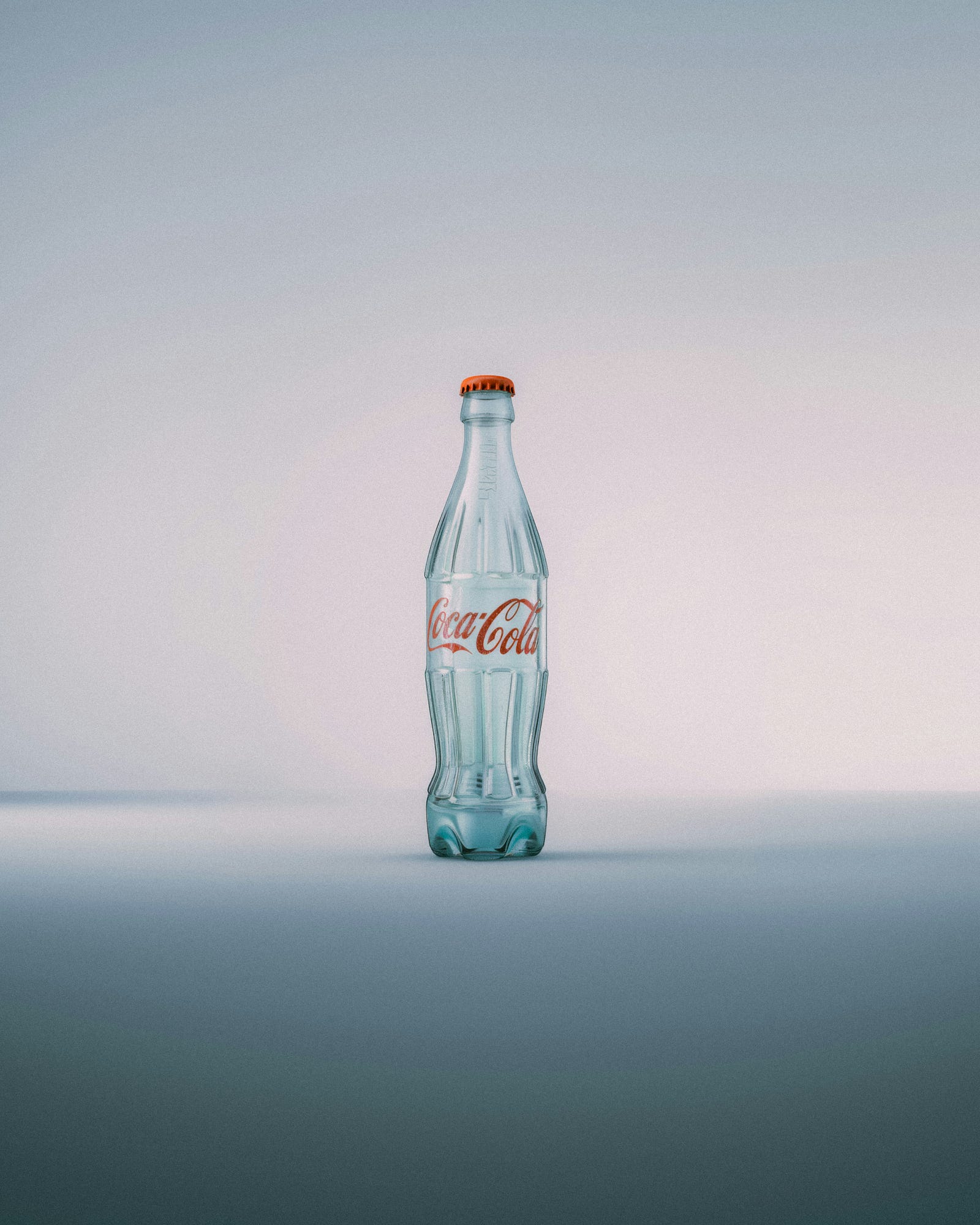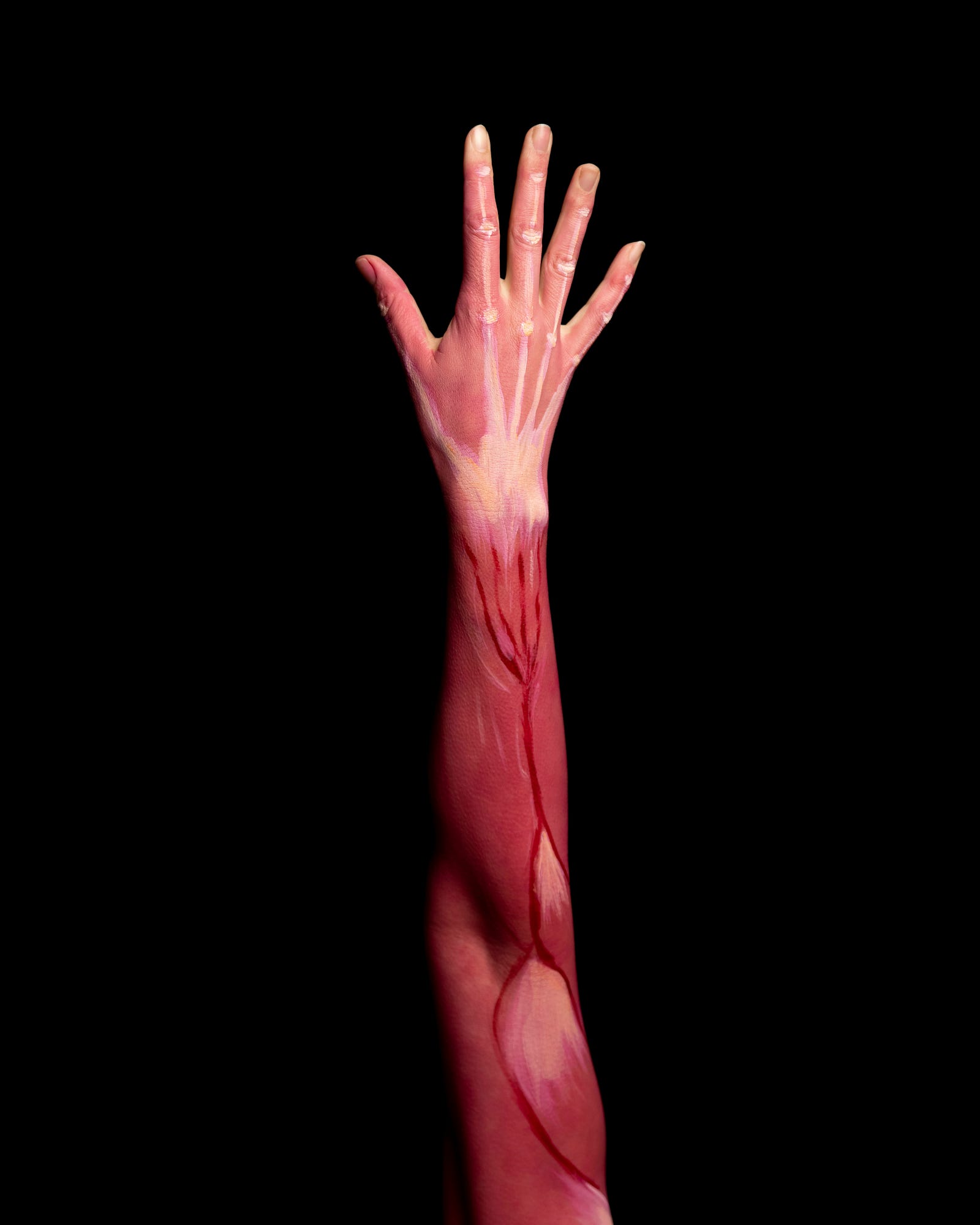
My top 6 testosterone thiefs.
I know that testosterone helps fuel muscle development and fat distribution.
Not to mention bone mass and mood stability.
Testosterone has been on my mind for two reasons:
- Melissa, my wonderful nurse, opined that I am moody on occasion.
- I am a competitive bodybuilder (admittedly in the physique section of the over-60 group).
Some background: I had a benign tumor, one that behaved aggressively and has required four surgeries so far.

One involved splitting my skull open to partially resect a tumor threatening my right eye vision.
I needed to take topical testosterone for years; the tumor pressing on my pituitary made me short of testosterone.
My Pituitary Reawakens: Now What?
But then my pituitary awakened; I had the same testosterone levels as everyone else.
But how can I optimize my testosterone levels (for bodybuilding and more) without taking the substance?
This question brings me to today’s essay topic: What health habits can cause my testosterone levels to dip?
After all, The Pacific Northwest (USA) Emerald Cup bodybuilding competition is in April.
Testosterone: More Than Bodybuilding
Testosterone is valuable for more than muscle development.
Did you know that the hormone is central to all of the following?
- Fat distribution
- Bone mass
- Facial hair growth
- Mood stability
- Cognitive performance, including concentration and motivation
- Energy levels

Moreover, testosterone is key to sexual health (including libido, sexual functioning, and sperm production).
Adulthood and Falling Testosterone
I am a physician, but this statistic floored me:
As males age, their testosterone levels may fall by up to two percent per year after age 30.
And women don’t escape the problem: For premenopausal individuals, the ovaries make most of their testosterone.
However, women’s testosterone levels peak in their 20s, followed by a gradual decline. By menopause, blood testosterone levels are about one-quarter of what they were at their peak.
Surprisingly to me, after the age of 65 to 70, women have testosterone levels similar to young women; testosterone levels rise after around 70.
My Top 6 Testosterone Thiefs
#1 Testosterone Killer: No Exercise
Do you want a testosterone boost?
Regular physical activity—resistance and high-intensity interval training gives me the most bang for the buck—can stimulate testosterone production.
On the other hand, a sedentary lifestyle can lead to weight gain and metabolic disorders, triggering a testosterone drop.
#2 Testosterone Killer: Poor Diet
Once again, weight gain can lead to lower testosterone levels.

So cut back on excessive processed, fatty, and sugary foods, and you may see a hormone increase.
In addition, if you lack essential vitamins (vitamin D is an example), minerals (e.g., zinc), and nutrients (such as healthy fats), you may cut your testosterone production.
#3 Testosterone Killer: Chronic Stress
Are you chronically stressed?
You may be upsetting your body’s hormonal balance.
For example, chronic stress can cause the overproduction of cortisol, the stress hormone.
And then? Higher cortisol levels can impair your ability to create testosterone.
More Than Just Matzah Balls: Finding Meaning in the Modern Shabbat
I’m not Jewish, but I take some lessons from the Torah to remind me to unplug, reflect, and renew.medium.com
#4 Testosterone Killer: Alcohol
Drinking too much can negatively impact your endocrine system.
The result?
Yup. Lower testosterone levels and changes in other sex hormones, all potentially contributing to sexual dysfunction (including decreased libido).
#5 Testosterone Killer: Insufficient Sleep
I am increasingly aware of the critical importance of sufficient sleep.
Inadequate zzz’s causes many health problems, including hormonal imbalances.

One study of healthy young males showed this startling result:
Those sleeping less than five hours nightly (for one week) had an up to 1.15-fold decrease in testosterone levels.
#6 Testosterone Killer: Endocrine Disruptors
I’ll end with endocrine disruptors, chemicals in our food, environment, consumer products, and more.
Consume them, and you may suffer adverse effects on your reproductive, developmental, immune, or neurological systems.
Here are some of the products in which you may find endocrine disruptors:
- pesticides
- flame retardants
- food
- toys
- detergents
- cosmetics
Endocrine-disrupting chemicals may lower your testosterone levels.
Final Thoughts
Male testosterone levels naturally diminish with age — affecting not only muscle growth and physical performance but also mood, energy, and cognitive function.
I know that maintaining healthy testosterone levels is crucial to my overall well-being.

The ability to add a bit of muscle (with increasingly hard work, alas) is a bonus.
Adopting a healthy lifestyle—including a balanced diet, regular physical activity, stress management, adequate sleep, and minimizing exposure to endocrine disruptors—will allow me to optimize my testosterone levels.
As someone who embraced bodybuilding after age 60, I know it is rarely too late to make positive changes that can significantly impact our health and well-being.
Get an email whenever Dr. Michael Hunter publishes.
drmichaelhunter.medium.com
Thank you for reading “My Top 6 Testosterone Thiefs.”




